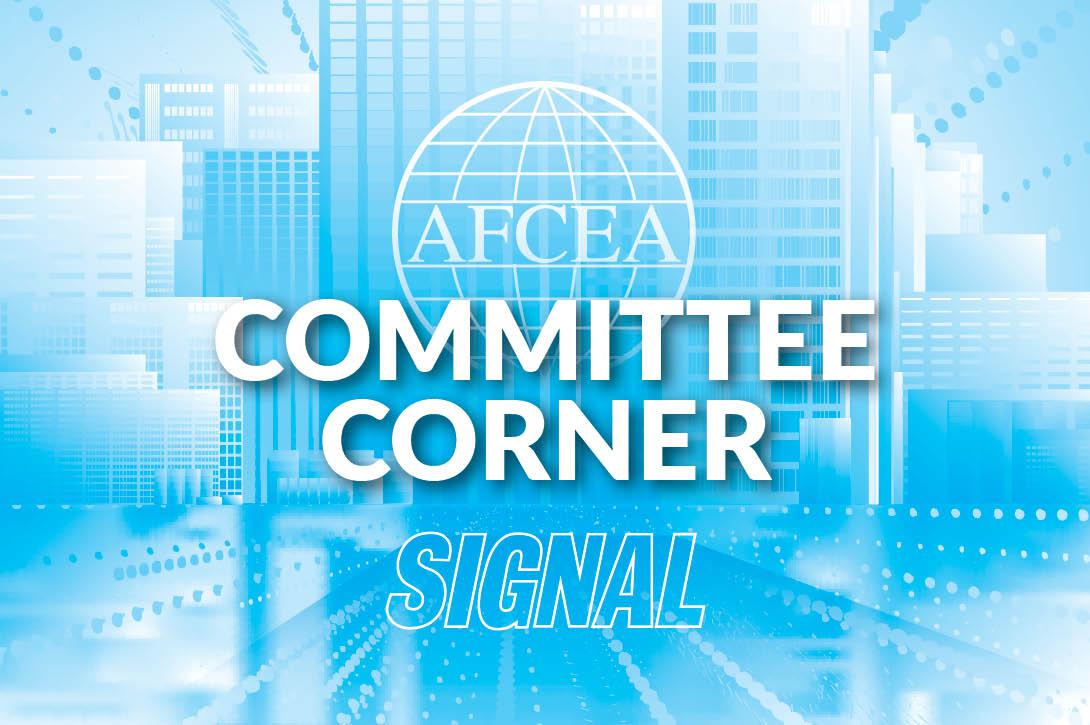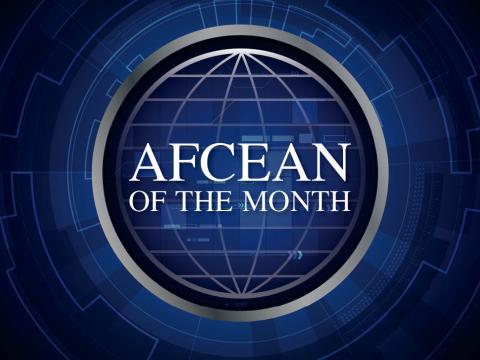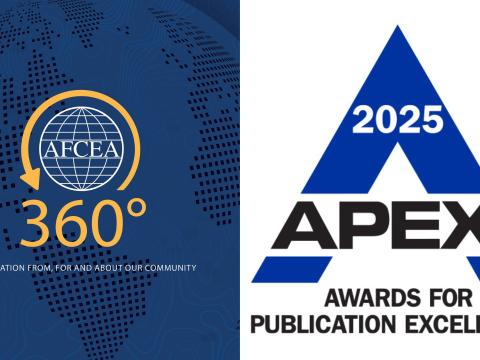From the Desk of AFCEA’s Cyber Committee
Mis/disinformation is one of the most dangerous cyber threats of the modern era, and so many find themselves ill-equipped to defend against such a destructive force. While mainstream cybersecurity training prepares organizations to defend against traditional cyber attacks, such as malware, phishing and ransomware attacks, few educational initiatives exist regarding mis/disinformation-delivered “cognitive attacks” that have the potential to disrupt organizational operations from a multitude of verticals. Cognitive attacks originate from bad actors and enemy states weaponizing mis/disinformation through widespread distribution across popular social media platforms.
AFCEA Cyber Committee members John Gilligan, president and CEO at the Center for Internet Security, and Hannah Becker, vice president at Becker Digital, recently published a white paper entitled “‘Digital Chatter’—The Growing Challenges of Mis/Disinformation.” It provides readers with an overview of the current and projected impacts of mis/disinformation on public and private sector organizations. Widespread distribution can undermine organizational leadership, diminish team cohesion, damage reputations and present numerous risks to organizational force, mission and reputation. While everything posted online may not be real, the widespread potential for negative impacts of mis/disinformation is very real.
Anyone with an internet connection is susceptible to cognitive attacks. Research has shown that high usage rates of social media and technology platforms do not render potential targets more resilient against such attacks. ‘Digital Chatter’—The Growing Challenges of Mis/Disinformation analyzed the growing problem of mis/disinformation and outlined multiple potential solutions to this pandemic-level problem that has the potential to undermine our shared values of democracy and freedom. Increasing digital media literacy across all generations is critical to combat the destructive effects of mis/disinformation in the United States. Social media users must develop the skills to navigate the brutal wilderness of “digital chatter.”
Mis/disinformation isn’t just another blip on the proverbial radar of digital trends; this emerging threat has demonstrated its destructive potential through various events, including attempts to influence elections, diminish trust in organizations and prompt Americans to risk physical harm by disregarding public health recommendations. Educational initiatives that equip people with digital media literacy skills help strengthen cognitive resilience to mis/disinformation. Unfortunately, many people spread mis/disinformation without any awareness of the potential impacts of their online conduct on society. If not countered effectively, mis/disinformation-related threats may compromise security at many levels—personal, organizational, and even national security.
Download a copy of the Cyber Committee’s white paper and stay tuned for details on a related AFCEA Solutions webinar presented by SIGNAL Media later this year.




Comments